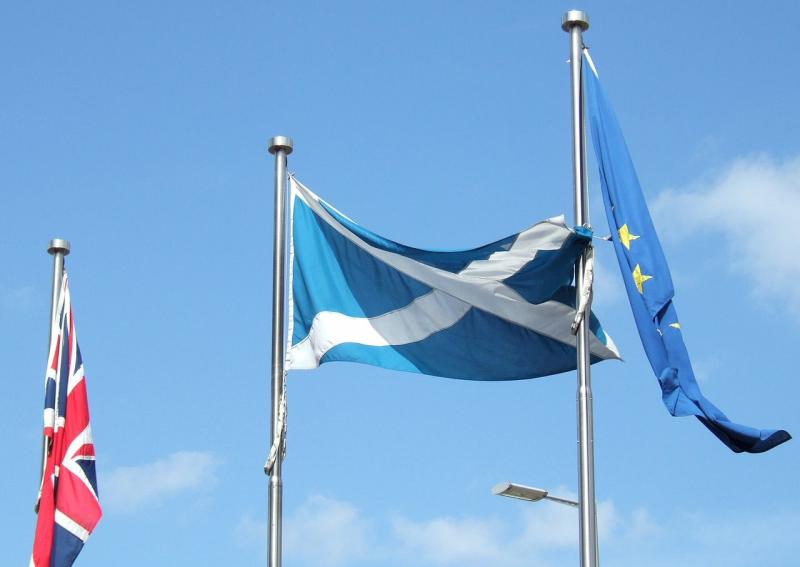
The best way to protect the Scottish economy after Brexit would be to remain in the Single Market, new economic analysis has confirmed.
According to the Scottish Government, a failure to remain in the Single Market or to secure a free trade agreement would see Scotland’s GDP around £12.7 billion lower by 2030 than it would be under continued EU membership.
This would mean a loss equivalent to £2,300 per year for each person in Scotland.
The analysis takes account of the impact on trade, productivity and migration of different future relationships.
It shows that a so called ‘Canada-type’ deal with the EU would still leave Scotland’s GDP £9 billion lower by 2030 – or £1,610 per head.
Publishing the new analysis Scotland’s Place in Europe: People, Jobs and Investment, First Minister Nicola Sturgeon said: “For the sake of jobs, the economy and the next generation, today we are calling on the UK Government to drop its hard Brexit red-lines so that Scotland and the UK can stay inside the Single Market and Customs Union.
“Scotland is particularly well-placed to take advantage of the developing and deepening Single Market – the world’s biggest economy of 500 million people, eight times the size of the UK.
“The fact that the Prime Minister wants to leave not only the political structures of the EU but come out of the European Economic Area shows just how extreme the UK Government position is. With just weeks to go before the opening of talks on the future relationship that extreme stance must be dropped.”
'Significant impact'
The report states that withdrawal from the EU will result in the departure from the Common Agriculture Policy
(CAP), which will impact "significantly" on Scottish farming and food production and wider rural sustainability.
Membership of CAP results in nearly half a billion pounds annually of EU and Scottish funds being invested all across rural communities.
It says subsidies underpins the Scottish farming sector – in 2015-16, farm business income (FBI) was £12,600; without support grants, FBI would have been a loss of £25,500.
Currently, Scotland receives 16% of the UK’s CAP funding. The report explains this indicates the "greater importance" of agriculture to its land use and economy – loss of this funding is therefore a significantly greater issue for Scotland than for other parts of the UK.
'Greatest threat' to farming
Brexit has been described as the "greatest threat" to Scottish agriculture by the country's rural affairs secretary, Fergus Ewing.
The rural economy secretary in the SNP Government says that leaving the European Union presents Scottish farming with an "unprecedented challenge."
"Brexit is by far the biggest threat to Scottish agriculture and we need to get ready to meet this unprecedented challenge," says Fergus Ewing in a foreword for the report.
"It will impact the fruit and vegetable sector, which relies on the hard work of EU migrant labour to harvest its crop. It will alter farmers’ ability to trade freely with the world’s largest single market. While Brexit’s impact will not be uniform, it will be felt across all agricultural sectors and regions."
